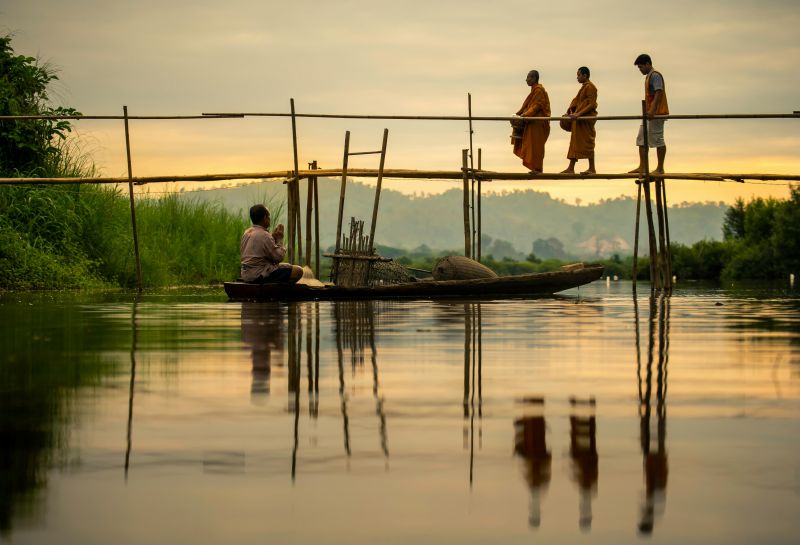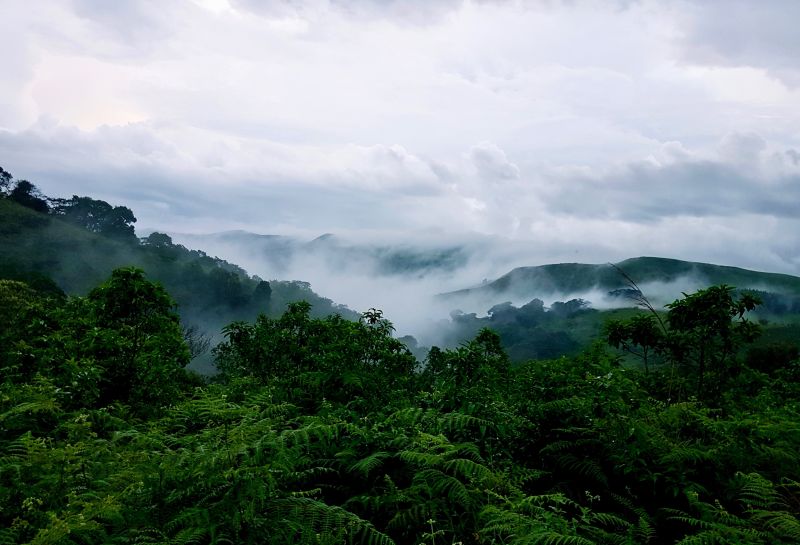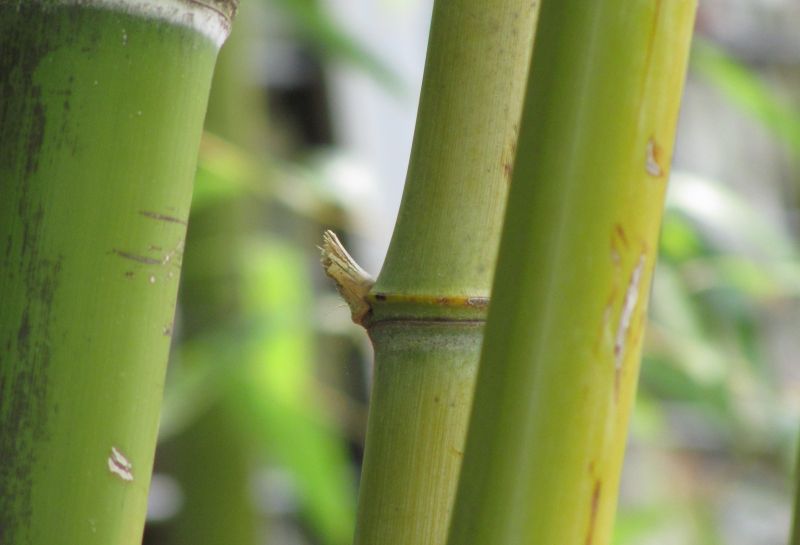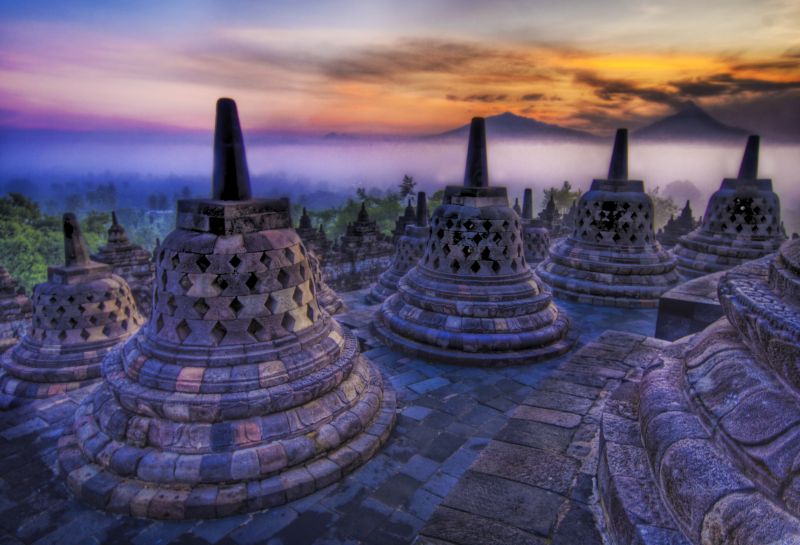Events
- Page:
- 1
- Date:
- Wednesday, 11 Mar 2026
- Time:
- 5:45 p.m. to 7:15 p.m.
- Location:
- Green Room, 4th Floor, MSU Library, 366 W Circle Dr.
- Department:
- Asian Studies Center

This talk examines the ways that the 20th century cookbook, The Way to a Man's Heart: The Settlement Cook Book, became a beloved Jewish icon. Filled with non-kosher recipes, the cookbook has been called "unabashedly Jewish" and "a Jewish Joy of Cooking" by generations of reviewers and cooks, yet dismissed as Jewish "by association only" by some historians. Nevertheless, the heirloom quality of this book transcended generations leading to the perception of the book as a Jewish, albeit not Judaic, standard. Rubel will analyze the ways in which a cookbook can be coded as Jewish, despite having no direct references to Jews or Judaism.
Nora Rubel, Chair of the Department of Religion and Classics at the University of Rochester, teaches and writes on a wide variety of topics related to gender, race, and ethnicity in American religion, particularly in relation to food and popular culture. She is the author of Doubting the Devout: The Ultra-Orthodox in the Jewish American Imagination (Columbia University Press 2009), co-editor of Religion, Food and Eating in North America (CUP 2014) and Blessings Beyond the Binary: Transparent and the Queer Jewish Family (Rutgers University Press 2024). Her latest book, Recipes for the Melting Pot: The Lives of The Settlement Cook Book is due out from Columbia University Press in Spring of 2026.
- Date:
- Monday, 16 Mar 2026
- Time:
- 12:25 p.m. to 1:25 p.m.
- Location:
- TBD
- Department:
- Asian Studies Center

Location TBD
- Date:
- Wednesday, 25 Mar 2026
- Time:
- 7:00 p.m. to 7:00 p.m.
- Location:
- TBD
- Department:
- Muslim Studies Program

Please stay tuned for details
- Date:
- Thursday, 26 Mar 2026
- Time:
- All day
- Location:
- Webinar
- Department:
- Muslim Studies Program

Does Islam Have a Liberation Theology?", with multiple panels and keynote presentations by Ebrahim Moosa (University of Notre Dame) and Sylvia Chan-Malik (Rutgers University). Webinar registration.
- Date:
- Thursday, 02 Apr 2026
- Time:
- 2:30 p.m. to 4:00 p.m.
- Location:
- International Center, room 303
- Department:
- Muslim Studies Program

Rhea Rahman (Assistant Professor of Anthropology Brooklyn College (CUNY). An ethnography of Islamic Relief (IR), the largest Islamic NGO based in the West, Racializing the Ummah explores how a Muslim organization can do good in a world that defines Muslimness as less than human. Rooted in more than a decade of international research, her study on the organizations projects, methods, and limitations reveals how racial capitalism permeates all aspects of humanitarianism and paints a frank, nuanced portrait of the constraints Islamic aid entities face in the effort to disentangle themselves from neocolonialism and Western hegemony.
- Date:
- Wednesday, 15 Apr 2026
- Time:
- All day
- Location:
- International Center, Room 216
- Department:
- Peace Corps

We are curating build a lending library to give prospective applicants and Peace Corps invitees resources about service as seen through the eyes of RPCVs. We have a dozen books already and would like to get to 25 by the end of the academic year.
While our wish list is posted on Amazon, we also encourage you to consider ordering books from a local book shop such as Schuler Books (Okemos) or Hooked (Lansing). If you prefer to donate and have us handle the purchasing, please visit our online giving link!
Please email Joy Campbell, MSU's recruitment supervisor, at with any questions!
Learn more about MSU's Peace Corps Recruitment Office on our website.

- Date:
- Wednesday, 15 Apr 2026
- Time:
- 3:00 p.m. to 4:30 p.m.
- Location:
- International Center, room 303
- Department:
- Muslim Studies Program

Details TBA
- Date:
- Wednesday, 22 Apr 2026
- Time:
- 7:00 p.m. to 8:30 p.m.
- Location:
- International Center, room 201
- Department:
- Muslim Studies Program

Paper submission deadline: March 27th.
- Page:
- 1



